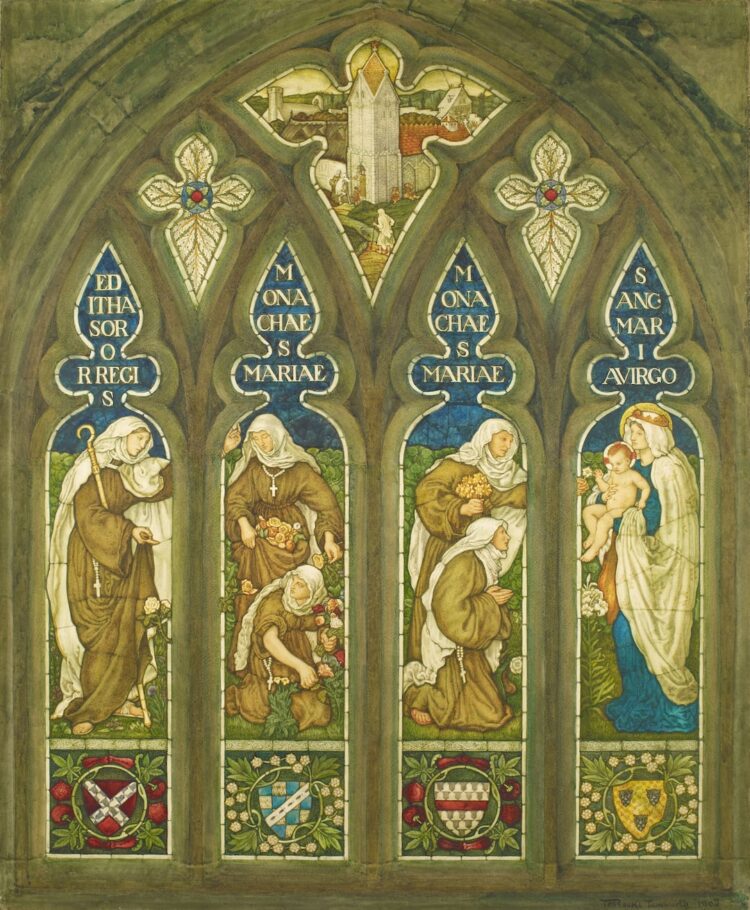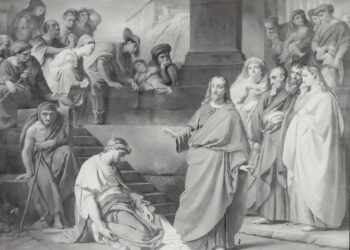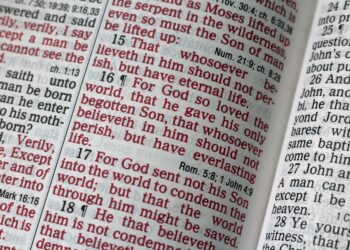The Life and Influence of Prophet Muhammad in Islam
Prophet Muhammad is widely regarded as the most important figure in the history of Islam. Born in Mecca, Saudi Arabia in 570 CE, his life and teachings have had an enduring impact on the world, shaping the religion followed by over a billion Muslims worldwide. Through his teachings and personal example, Prophet Muhammad transformed the religious and social fabric of Arabia, and his influence continues to resonate across cultures and continents even today.
Prophet Muhammad’s life can be divided into two major phases: pre-prophethood and post-prophethood. Before receiving the revelations from God, Muhammad lived as a respected member of the community, known for his integrity, kindness, and wisdom. His reputation earned him the title Al-Ameen, meaning “the trustworthy.” These qualities formed the foundation of his character, serving as a source of inspiration for those around him.
In 610 CE, at the age of 40, Muhammad received his first revelation from God through the angel Gabriel while meditating in a cave on Mount Hira. This experience marked the beginning of his prophethood and the start of his journey to propagate the message of Islam. Initially, he faced significant opposition from the Quraysh, the powerful tribe ruling Mecca, due to the radical nature of his teachings. Prophet Muhammad preached the worship of one God, rejected idol worship, and emphasized the importance of social justice, equality, and compassion.
Despite facing immense challenges, Prophet Muhammad remained steadfast in his mission. Over the course of 23 years, he tirelessly spread the word of Islam, eventually gaining a substantial following. His teachings covered various aspects of life, including personal piety, morality, family life, social responsibility, and governance. The Quran, the holy book of Islam, served as the primary source of guidance, containing revelations received by Muhammad from God.
Prophet Muhammad’s influence was not limited to religious matters, but extended to political and social spheres as well. With the establishment of the first Islamic state in Medina, Muhammad demonstrated a visionary approach to governance, based on consultation, justice, and the welfare of all citizens. He fostered a sense of unity and equality among diverse ethnic and religious groups, setting an example of pluralism that inspired generations to come.
The legacy of Prophet Muhammad’s teachings and actions is evident in the moral code followed by Muslims today. The Islamic concept of Tawhid, the belief in the oneness of God, is central to the faith, providing a foundation for individual spirituality and social cohesion. Prophet Muhammad emphasized the importance of compassion, honesty, humility, and selflessness, encouraging his followers to exhibit these traits in all aspects of life. The concept of Zakat, the obligatory charity given to the poor and needy, exemplifies the Islamic emphasis on social justice and wealth distribution.
Prophet Muhammad’s influence also extends to the treatment of women. Before Islam, women in Arabia were often treated as property with limited rights. Muhammad challenged these societal norms by granting women equal spiritual status and advocating for their rights, including the right to choose their own partners, the right to inheritance, and the right to education. His teachings laid a firm foundation for gender equality, although the interpretation and practice of these teachings have varied across cultures and historical periods.
Furthermore, Prophet Muhammad’s impact is seen in the fields of literature, art, science, and architecture. His teachings inspired a rich body of literature, including poetry, historiography, and religious commentary. Islamic art, characterized by its geometric patterns and calligraphy, reflects the reverence and love for God instilled by Muhammad’s teachings. Islamic scholars during the Islamic Golden Age (8th to 14th centuries) made significant contributions to mathematics, astronomy, medicine, and philosophy, influenced by the intellectual environment fostered by Prophet Muhammad.
In conclusion, Prophet Muhammad’s life and teachings have had a profound impact on the world, shaping the history of Islam and acting as a source of inspiration for millions of Muslims. His example of compassion, justice, and unity continues to resonate across cultures and generations. Muhammad’s teachings on monotheism, social justice, and gender equality serve as guiding principles for Muslims, while his visionary approach to governance provides lessons on leadership and the pursuit of a just society. The life and influence of Prophet Muhammad embody the essence of Islam, promoting peace, equality, and a deep connection with God.













